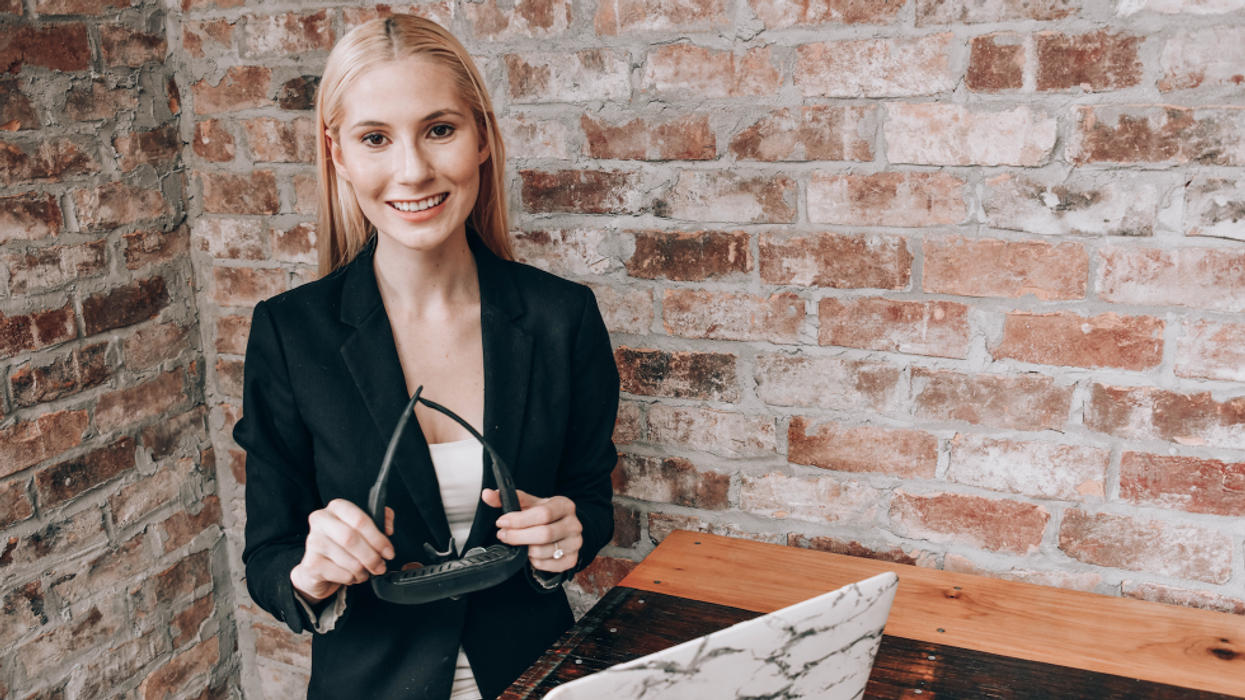How Houston startups can find funding in the age of coronavirus
Houston voices
Almost eight months in to the pandemic and many startups are still fighting to survive. Finding funding has become harder in an era the New York Times calls "The Great Unwinding." But not every startup is succumbing to a bleak fate. Some have shown unique strategies for attaining funding. Here, we'll delve into a few examples of startup companies whose founders have managed to snag funding and stay afloat amid the crashing waters of coronavirus.
Government contracts
Payam Banazadeh, CEO of Capella Space, told Graham Winfrey, senior technology editor for Inc., that it would behoove tech startups to look into acquiring government contracts if possible. His Silicon Valley-based satellite communications startup snagged a lucrative government contract with the Department of Defense. "The government seeks startups that are doing unique things. If they find a product they like, they're going to pursue it. Government contracts help raise additional funding while also de-risking companies in the eyes of investors," Banazadeh said.
Funding conversations matter
Nesh is a company based in Houston that acts as a smart assistant for the energy industry. The startup spent the pandemic engaged in conversations with potential investors. "It's easier to talk to investors at this time. We've had more conversations in the past few months than all of 2019, but nobody is willing to write checks just yet," said Sidd Gupta, founder of Nesh, to Crunchbase News, a tech startup-centric outlet.
The Houston-based company also pivoted by expanding into other oil and gas areas like renewables. Nesh even decided to make its platform accessible free of charge during the shutdown.
Take matters into your own hands
Laally is a breastfeeding assistance device company. During their funding strategizing, they examined all the usual funding avenues: VC, angels, debt, non-profit and potential partnerships with bigger entities. Most of these sources asked for proof of concept and a proven history of solid sales before even thinking of putting money on the table.
Well, that wasn't possible for founders Max and Kate Spivak. They decided to go it alone. Self-funding. "As a family and rookie entrepreneurs, we made the decision to put our money in the balance and hire a partner for the tech part of the business," Max Spivak said told Crunchbase News.
"Even when things got rough as the pandemic worsened, and they did get very rough for us, we didn't have pressure from investors to liquidate assets or investors demanding their money back. That's because we were our own funders," said Kate Spivak.
Creativity can conquer COVID-19
Sometimes adversity is the mother of creativity. These three startup founders stepped outside the box of traditional funding strategies. They discovered ways to change their companies and attain funding during a pandemic that has its foot on the neck of the economy.
Thanks to people like Sidd Gupta, Payam Banazadeh, and the Spivaks, startup founders have a better idea of what they need to do for their startups to live another day. For their companies to see a light at the end of an 8-month long tunnel. The pandemic might have our faces covered, our friends at arm's length, and our jobs in limbo. But it cannot strip away the power of human ingenuity, innovation, and creativity. The founders named above are walking proof.
------
This article originally appeared on the University of Houston's The Big Idea. Rene Cantu, the author of this piece, is the writer and editor at UH Division of Research.
















